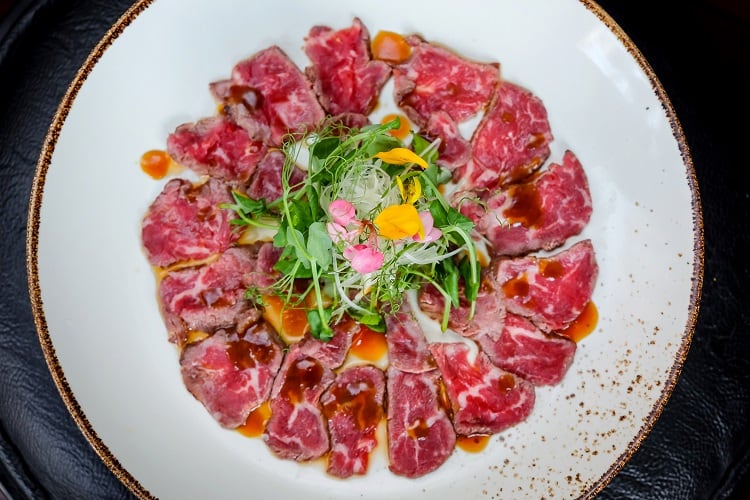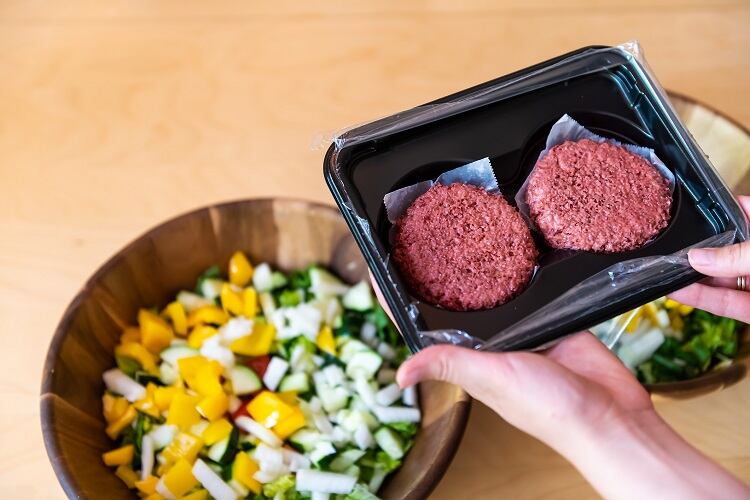Back in 2020, France took the decision to outlaw use of words traditionally used to describe meat products (with the exception of ‘burger’) for plant-based alternatives.
Earlier this month, the country – considered the largest beef producer in the EU – published the official decree, announcing the ban would be enforced from October 2022.
However just yesterday (27 July), France’s highest administrative court agreed to grant a reprieve, following a request from plant-based and alternative protein-focused association Protéines France.
‘Not enough time’
According to the French authorities, the decree will prohibit the use of ‘sector-specific’ terminology traditionally associated with meat and fish to designate products that ‘do not belong to the animal world’ and which, in essence, are ‘not comparable’.
The goal, according to officials, is to avoid consumer confusion.
In response, Protéines France filed a motion for a temporary reprieve, arguing that the plant-based industry would not have enough time to make appropriate changes to branding and marketing by the 1 October deadline.
Protéines France represents players in the country’s plant-based and alt protein space. Members include Avril, Nestlé, Roquette, and Ÿnsect.
According to the industry group, the short timeframe risked confusing consumers and losing market share.
As reported by Le Monde, Protéines France’s lawyer Guillaume Hannotin said the Council of State had ‘accepted our plea’ based on the ‘impossibility for vegetable foodstuffs to leave the lexical field which comes close or far from meat’.
Hannotin stressed that some of the terminology in question, such as ‘Carpaccio’, do not have their origins in meat. Indeed, ‘Carpaccio’ is named after Renaissance painter Vittore Carpaccio, who is perhaps best known for his use of red and white tones.
Mixed reactions
The reprieve has been met with mixed reactions.
The General Directorate for Competition, Consumer Affairs and Fraud Prevention (DGCCRF), for example, believes plant-based producers have had enough time to rework produce lines, given that the law first passed in 2020.
On the other hand, ‘food awareness’ charity ProVeg International – which aims to halve global consumption of animals by 2040 – is ‘delighted’.
“We are delighted to hear that the French Conseil d’Etat has decided to suspend the decree prohibiting names for plant-based products,” said Vice president Jasmijn de Boo.
“Plant-based foods are part of the solution to tackling the climate crisis and any regulation should actively support their sale and marketing not hamper it.”
A ‘significant’ impact to third country producers?
Protéines France is not alone in suggesting the ban afforded plant-based players little time to get their product lines in order.
Across the Channel, regulatory consultancy Ashbury raised concerns the ban could have a ‘significant’ impact on UK manufacturers.
It is not yet known whether products produced in third countries, such as the UK, and sold into France will be affected, but Joanna Becker, Senior Regulatory Advisor at Ashbury believes the likelihood is ‘quite high’.
“If the changes did impact UK businesses supplying to France, we could see a huge shake-up in the way plant-based products are labelled.
“It could be the case that the UK carries on using commonly accepted terms for plant-based products and adapts the labels for each market. However, as the plant-based sector has been a point of contention for many countries in recent years, the new Decree could also spark the introduction of new, original, and more widely-accepted terms across the board.”




